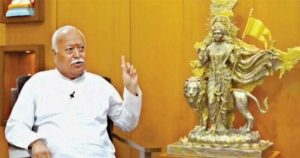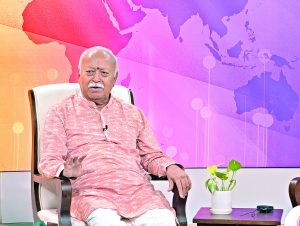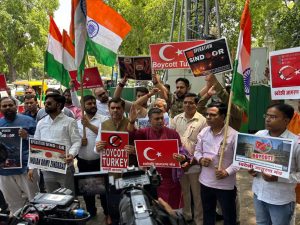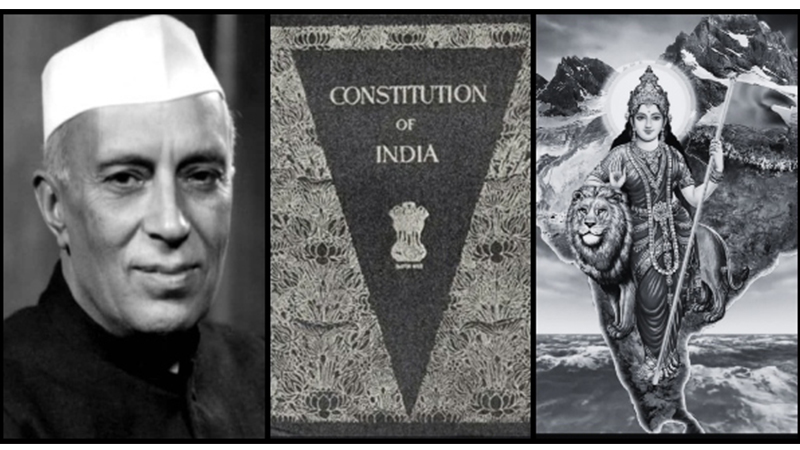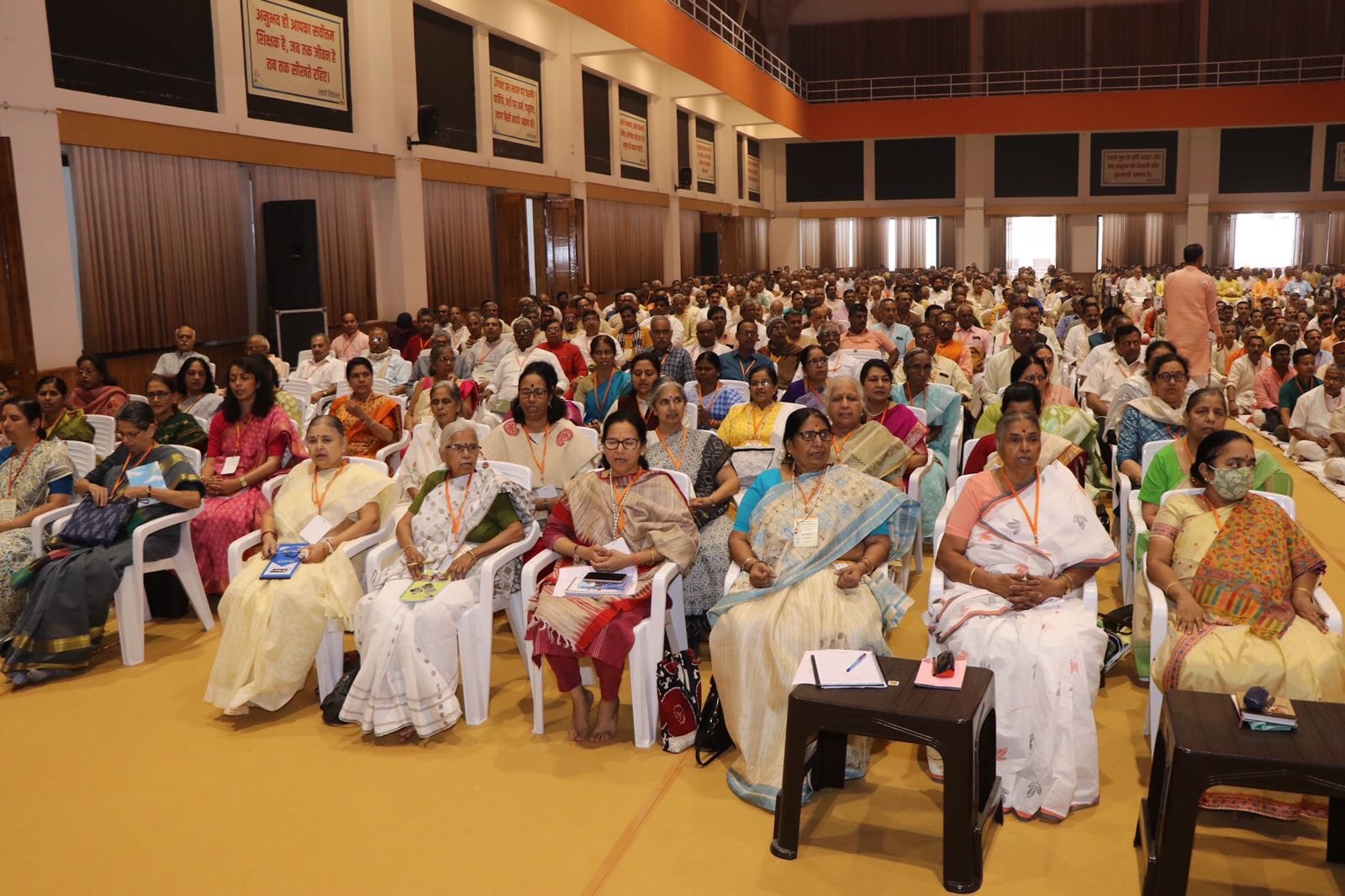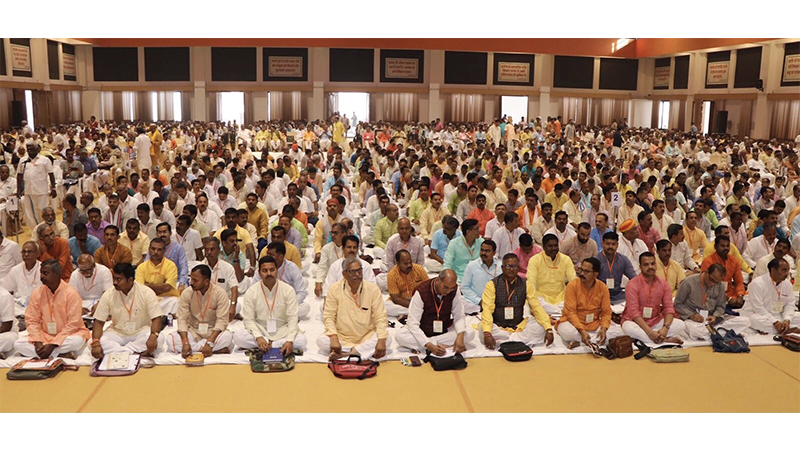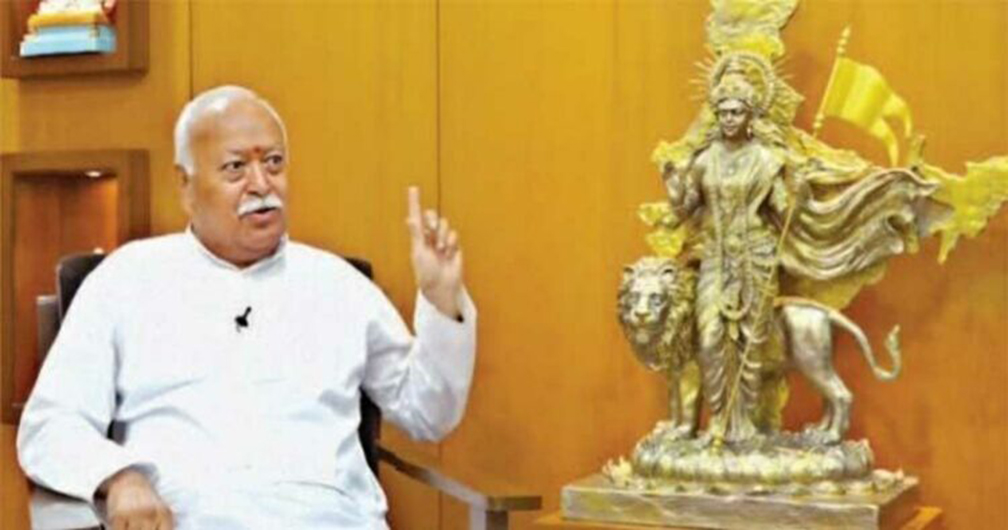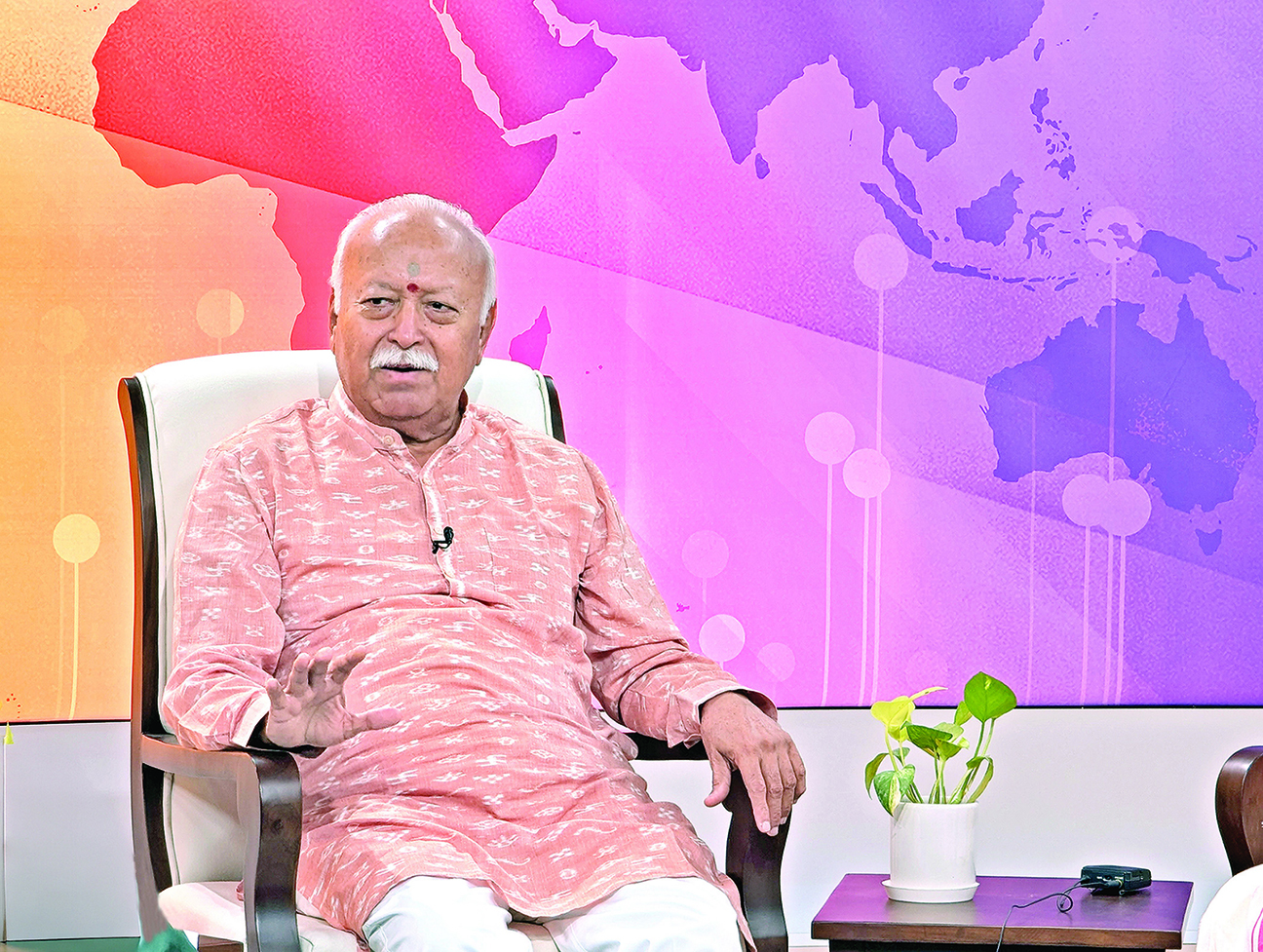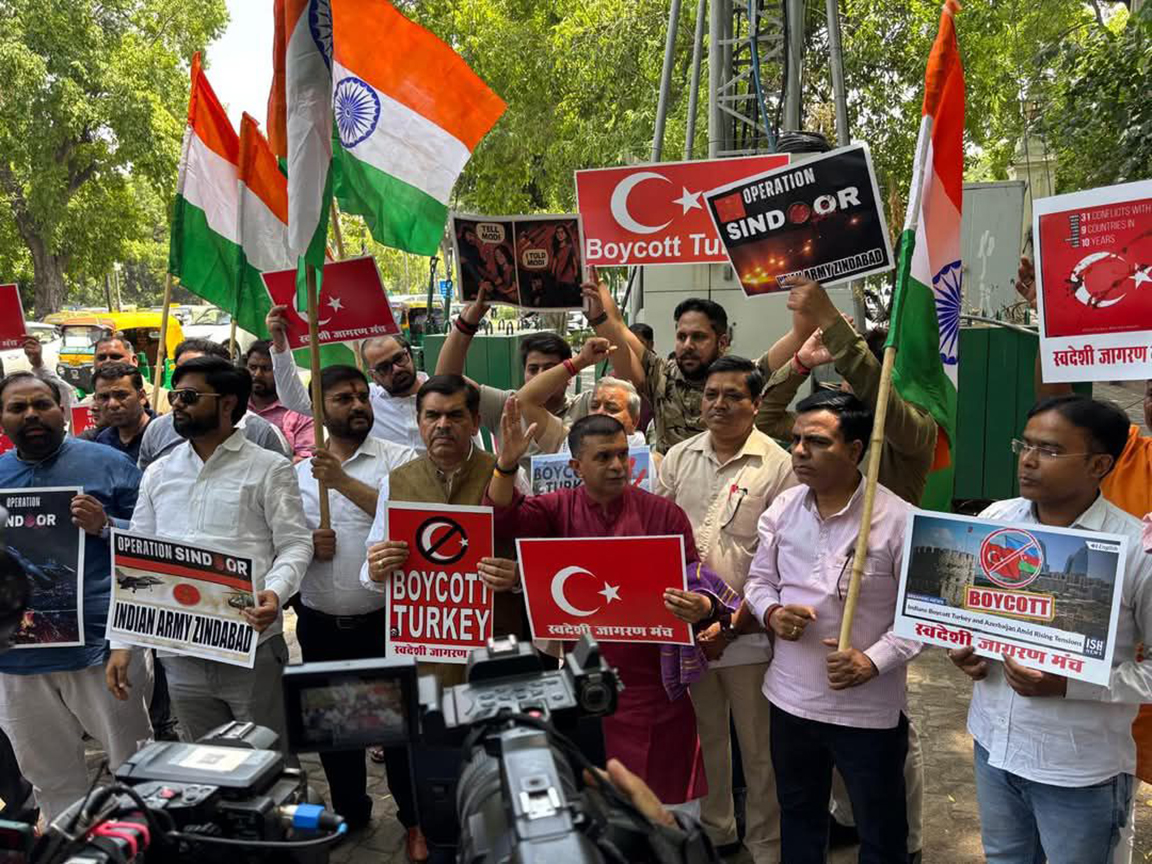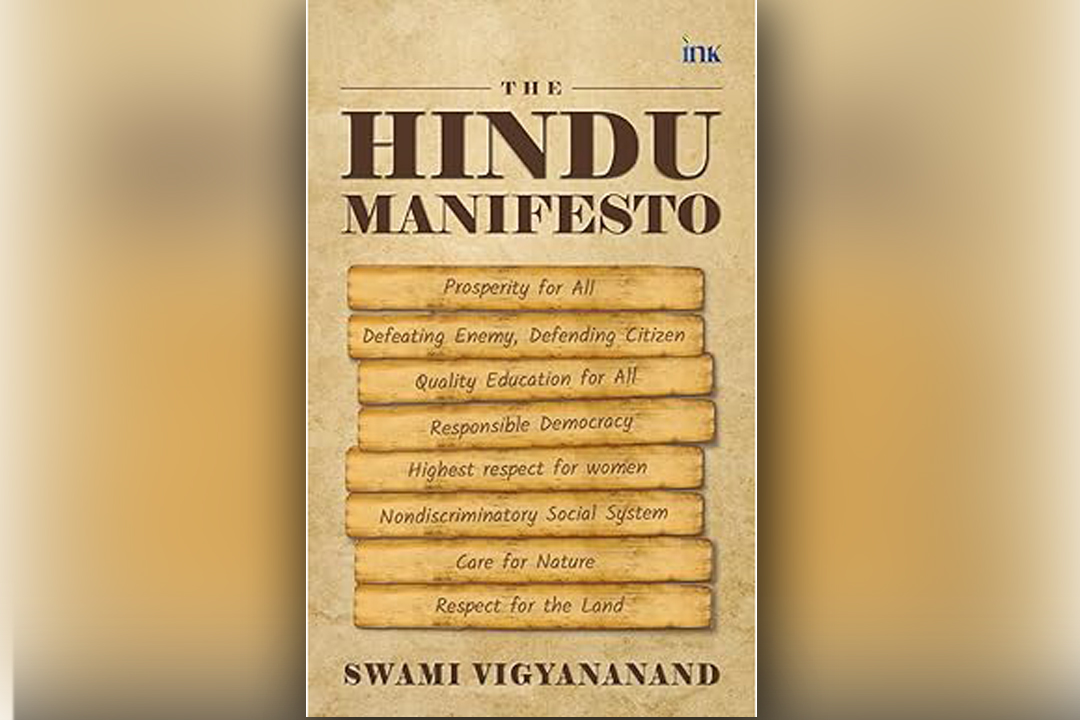Famous trial of RSS founder: When the defence was more seditious than the speech !
Updated: May 15, 2024 11:55
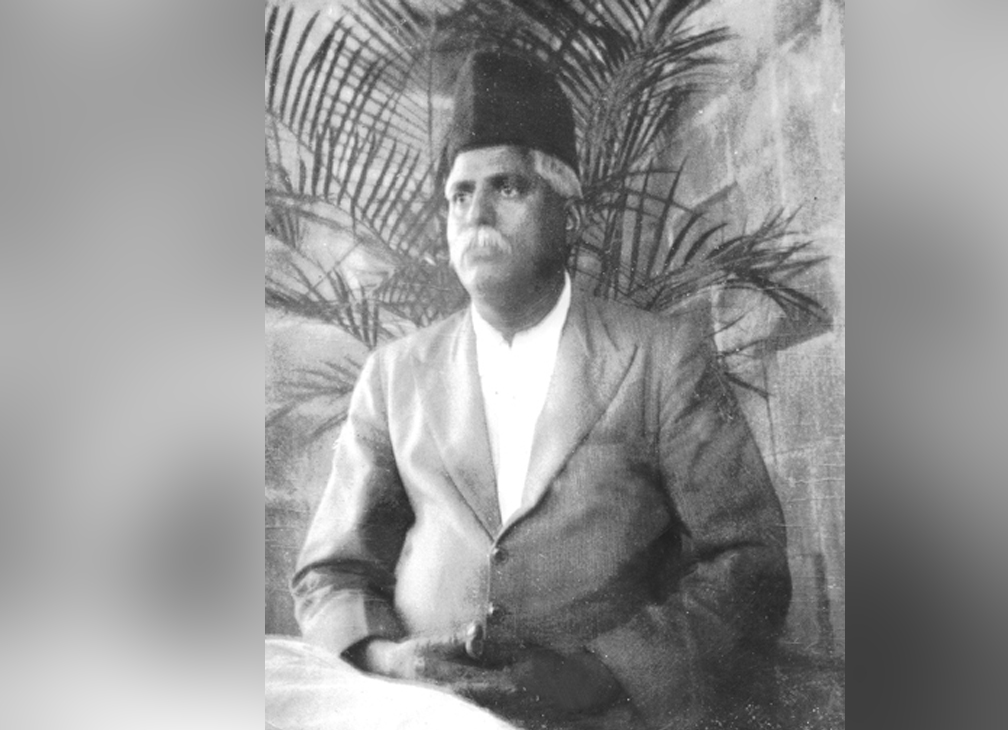
The founder of Rashtriya Swayamsevak Sangh (RSS) Dr Keshav Baliram Hedgewar was a freedom fighter. He underwent a famous trial during British rule which hasn’t been discussed much. A look at proceedings of this trial provides interesting insights into the persona and perspective of the RSS founder.
In May, 1921, Dr Hedgewar was arrested on charges of ‘sedition’ for his “objectionable” speeches at Katol and Bharatwada in Maharashtra. The hearing of his case began on June 14, 1921 and the court was presided over by a British judge. After a few hearings, Dr. Hedgewar decided to use this opportunity in the best possible way and, hence, pleaded his own case.
He read out a written statement on August 5, 1921, which said:
It has been charged that my speeches have spread discontent, hatred and feelings of sedition towards the British Empire in the minds of Indians and sown seeds of enmity between Indians and Europeans. And I have been asked to explain. I consider it an affront to the dignity of my great country that a foreign government should subject a native Indian to inquiry and sit in judgement.
I do not recognise that there exists in India today any lawfully established government. It will be surprising if anybody should claim so. What obtains today is a regime of usurped authority and a repressive rule deriving power therefrom. The present laws and courts are but handmaids of this unauthorised regime. In any part of the world, it is only a government of the people constituted for the people that is entitled to administer law. All the other forms of rule are but ruses adopted by deceitful usurpers to loot helpless nations.
What I tried to do was to inspire in the hearts of my countrymen an attitude of reverential solicitude for their motherland which at the moment happens to be in a wretched condition. I tried to instil in the people the conviction that India belongs to Indians. If an Indian speaking for his country and spreading the nationalist feeling is regarded as committing sedition, if he cannot speak the truth without promoting hatred between Indians and Europeans, Europeans and those claiming to be the Indian government would do well to bear in mind that the day is not far off when foreigners will be forced to quit this country.
The government’s version of my speech is neither accurate nor complete. Some stray notes and absurd sentences have been sloppily put together. But that does not bother me. In dealing with the British and Europeans, I have borne in mind only the basic principles that ought to govern the relationship between two countries. Whatever I have said has been with a view to asserting the birthright of my countrymen and the inevitability of securing our independence. I am prepared to stand by each word that I have uttered. Though I cannot say anything else concerning the charges against me, I am prepared to justify each word and letter of my speech; and I declare that whatever I have said is lawful.
The judge exclaimed after hearing the statement: “His defense is even more seditious than his original speech!”
At the time of his statement, the court was filled to the capacity. This statement was followed by a brief speech by Dr. Hedgewar. He said, “India belongs to Indians. We, therefore, demand Independence. This is the content of all my speeches. People have to be told how to secure Independence, and also how to conduct themselves after securing it. Otherwise, it is quite likely that our people may imitate the British in Independent India. The British, though they are aggressing on other nations and governing them through repressive measures, but the very same British people are ready to shed blood when their own country’s independence is threatened. The recent war bears testimony to it. We, therefore, are obliged to advise our people, ‘Dear countrymen don’t imitate the aggressive ways of the British. Secure independence by peaceful means, and be happy and content with your own country without hungering for others’ territories.’ In order to explain this idea, I cannot avoid referring to the current political issues. That the British have been carrying on their despotic rule in our beloved country is obvious to everyone. What law is there that gives one country the right to rule over another? I am asking you, the counsel for the government, this simple and straight question. Can you answer it? Is it not against natural justice? If it is true that no country has a right to rule over another country, who gave the British the authority to trample the people of India under their feet? Do the British belong to this land? How then can they enslave us and declare that they own this country? Is it not the most blatant murder of justice, morality and dharma?”
He further added, “We have no desire to dispossess Britain and rule over it. Just as the British in Britain and the Germans in Germany rule over themselves, we of this country of India wish to rule over ourselves and carry on our own affairs. Our mind revolts at the thought of remaining the slaves of the British Empire and carrying that stigma for all time. We demand nothing short of ‘Complete Independence’. Till we achieve it, we cannot be at peace. Is our desire to be free and independent in our own country against morality and law? I believe that law exists not to demolish morality and law? I believe that law exists not to demolish butto enforce it. That ought to be the prime purpose of law.”
In his judgement delivered on August 19, the judge ordered him to give an undertaking in writing that he would not deliver seditious speeches in future for a period of one year and furnish bail of ` Rs 3,000.
Dr. Hedgewar’s reaction was:“My conscience tells me that I am completely innocent. A policy of repression would only add fuel to the fire already raging because of the government’s vicious policies. I am convinced that the day is not far off for the foreign regime to reap the fruits of its sinful actions. I have faith in the justice of the Omnipresent God. I, therefore, refuse to comply with the order for bail.” As soon as he finished his reply, the judge sentenced him to one year’s rigorous imprisonment.
